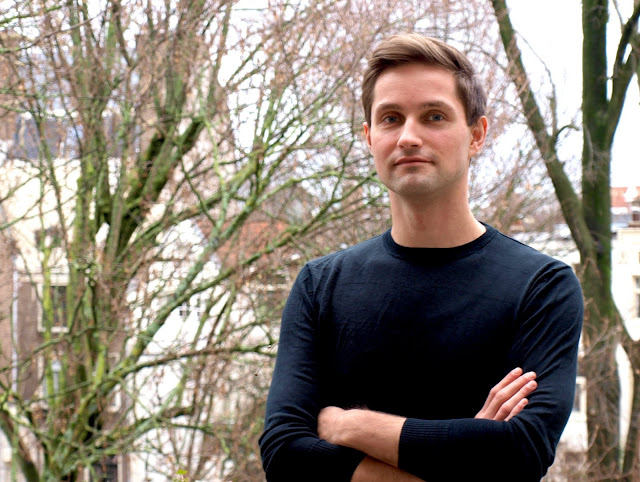Along with a team of amazing co-authors, I recently published an article examining the ways in which AI can disrupt legal norms and practices. It's a long article, with lots of detail on debates in law and technology, but I think it contains a really important and interesting model for mapping out the different forms of AI-mediated disruption of the legal system. Furthermore, since the legal system is, in effect, just a system of norms and AI is just a type of technology, the model developed also helps us to understand how technology can disrupt any normative system.
More details below.
Title: Artificial Intelligence and Legal Disruption: A New Model for Analysis
Authors: Hin-Yan Liu, Matthijs Maas, John Danaher, Luisa Scarcella, Michaela Lexer, Leonard Van Rompaey
Links: Official; Philpapers; Researchgate; Academia
Abstract: Artificial intelligence (AI) is increasingly expected to disrupt the ordinary functioning of society. From how we fight wars or govern society, to how we work and play, and from how we create to how we teach and learn, there is almost no field of human activity which is believed to be entirely immune from the impact of this emerging technology. This poses a multifaceted problem when it comes to designing and understanding regulatory responses to AI. This article aims to: (i) defend the need for a novel conceptual model for understanding the systemic legal disruption caused by new technologies such as AI; (ii) to situate this model in relation to preceding debates about the interaction of regulation with new technologies (particularly the ‘cyberlaw’ and ‘robolaw’ debates); and (iii) to set out a detailed model for understanding the legal disruption precipitated by AI, examining both pathways stemming from new affordances that can give rise to a regulatory ‘disruptive moment’, as well as the Legal Development, Displacement or Destruction that can ensue. The article proposes that this model of legal disruption can be broadly generalisable to understanding the legal effects and challenges of other emerging technologies.




